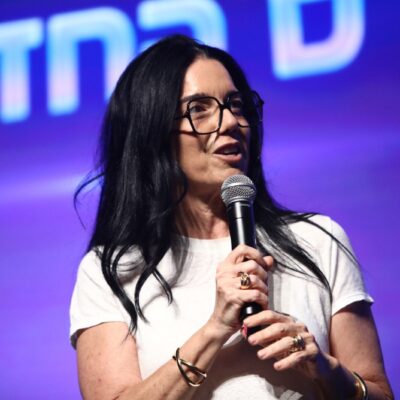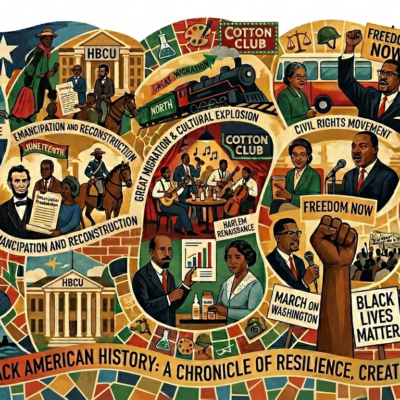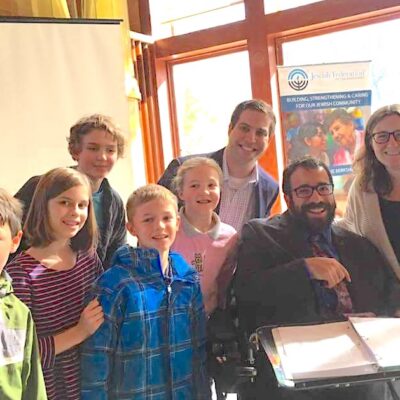The New Jewish Media
For those of you interested in keeping up with the newer and innovative publications in our Jewish world, just in time for the Pesach chag, two current issues to enjoy.
 First, from publisher Ariel Beery, in his own words:
First, from publisher Ariel Beery, in his own words:
Hot off the presses — PresenTense Five Explores Israel at 60
How does our generation experience Israel at 60? For many Jews older than us, Israel at the ripe old age of 60 reminds them of stunning victories in the face of almost certain destruction, of new hope for a Jewish People emerging from the furnaces of the Holocaust, of a desert that was irrigated and made to bloom.
But for many of us, Israel at 60 is different. Our generation cannot authentically share in the memories of existential crises diverted, or of the miracle of rebirth. We are the generation born after the great victories, and during a time of much more complexity and confusion.
For us, this birthday presents an opportunity to explore what Israel means to us in the here and now—and what our role can be in shaping, advancing and improving Israel as we look towards the future.
In this special Israel@60 edition of PresenTense, contributors as diverse as Israel herself seek to process the country’s complex facets and effects in order to understand how we relate to Israel—and how Israel relates to us.
Here is what our generation has to say.
image credit: Lisa Sher, Holon Institute of Technology, for Home, an International Poster Project

Taking a very different approach in our Web 2.0 world, New Voices, a national Jewish student magazine, has devoted their entire April issue to The Radio.
This from editor Josh Nathan-Kazis:
The spring of 2008 is an odd time for a college magazine to publish a radio-themed issue. Never has radio felt less relevant. On campus, it seems like everyone has an iPod. At Duke they give them out for free. Computer speakers have replaced the boombox; cell phone alarms the clock radio. New music comes from Pandora.com and Limewire, Howard Stern comes from XM, and public radio comes from NPR.org.
Yet, we believe that it’s too early to write radio’s eulogy. The nostalgia of the anti-NPR activists at Wesleyan misses out on the vibrancy that still exists in non-commercial radio. In this issue, we offer a brief taste. We have Democracy Now! host Amy Goodman on the value of radio as independent media, Rifka Dzodin on how pirate radio shapes Israel’s political and cultural landscape, Top 40 legend Cousin Brucie on the role of the DJ, and a look at college radio’s future from Benjamin Holzman.

 Add EJP on Google
Add EJP on Google









